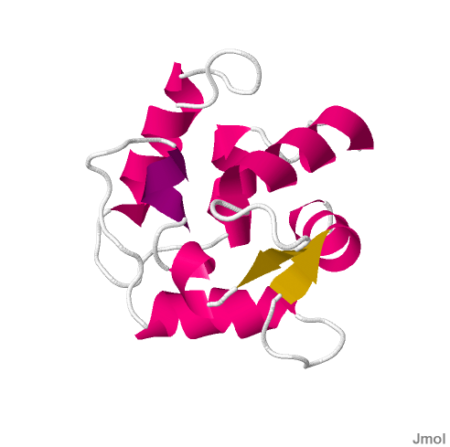New study suggests eating more fish could help prevent Parkinson’s disease
Research conducted at the Chalmers University of Technology, Sweden has linked the consumption of fish with beneficially long-term neurological health and the prevention of conditions such as Parkinson’s disease. A protein found in fish called has shown to help prevent the formation of protein structures linked to the development of Parkinson’s.
Previously believed that Omega-3 and -6 and fatty acid, help neurological health, however, this new research suggests that might not be solely the case. The protein involved in the development of Parkinson’s is known as alpha-synuclein. Researchers are now suggesting that the parvalbumin in fish ‘scavenges’ the alpha-synuclein, preventing them developing further.
There are plans to further evaluate the potential of parvalbumin and better understand its functionality in preventing different neurological conditions. “These diseases come with age, and people are living longer and longer. There’s going to be an explosion of these diseases in the future – and the scary part is that we currently have no cures. So we need to follow up on anything that looks promising,” said, in a press release, Pernilla Wittung-Stafshede, Professor and Head of the Chemical Biology division at Chalmers, and lead author on the study.

Parvalbumin proteins are highly abundant in certain fish species such as, herring, cod, carp, and redfish, including sockeye salmon and red snapper, but it is common in many other fish species too
For more information about science and technology, visit our website now. If you have a tablet or smartphone, you can also download the latest digital version onto your iOS or Android device. To make sure you never miss an issue of How It Works magazine, subscribe today!
Other articles you may like:
Binge-eating mice reveal behavioural clues to obesity





